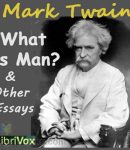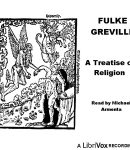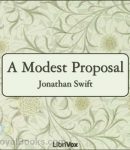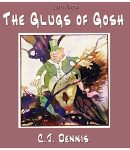A satirical essay written by one of the most renowned satirists, Jonathan Swift, A Modest Proposal expresses the author’s exasperation with the ill treatment of impoverished Irish citizens as a result of English exploitation and social inertia. Furthermore, Swift ventilates the severity of Ireland’s political incompetence, the tyrannical English policies, the callous attitudes of the wealthy, and the destitution faced by the Irish people. Focusing on numerous aspects of society including government exploitation, reckless greed, hypocrisy, apathy, and prejudice, the essay successfully exemplifies Swift’s satirical skills. The essay opens with Swift’s recognition of the squalor and poverty in which the Irish people live, as they are reduced to beggary, forced to panhandle for food on the streets. He also addresses the issue of overpopulation, and the problems that arise due to large families with multiple mouths to feed. Concluding that the beggar children are a burden to society, Swift seeks to find a solution to the concerning issue. As a result, he suggests that children should contribute to the welfare of the nation, and be transformed into productive members of society. Coming up with what he believes to be the best possible solution for all parties, he proposes that parents should fatten their infants, and once they have passed the undemanding one-year period of infancy, they should be sold for the purpose of feeding the wealthy. Swift goes on to support his proposal, as he argues that infants before the age of one are quite economical, as they only require […]








